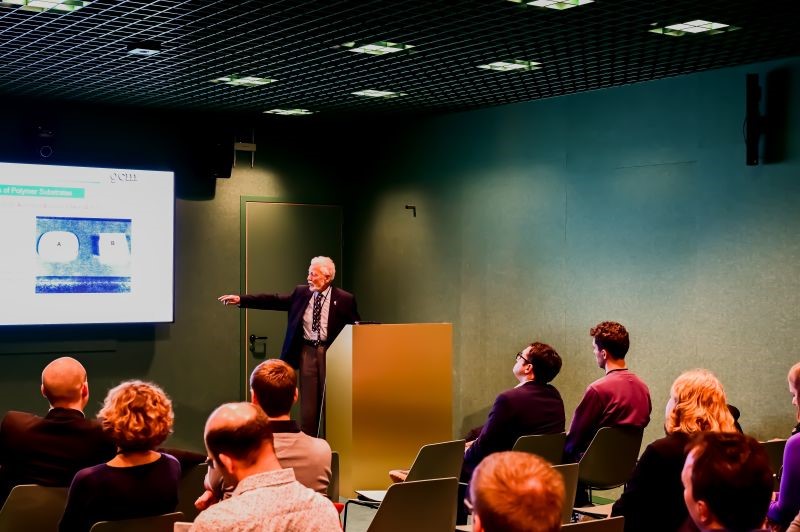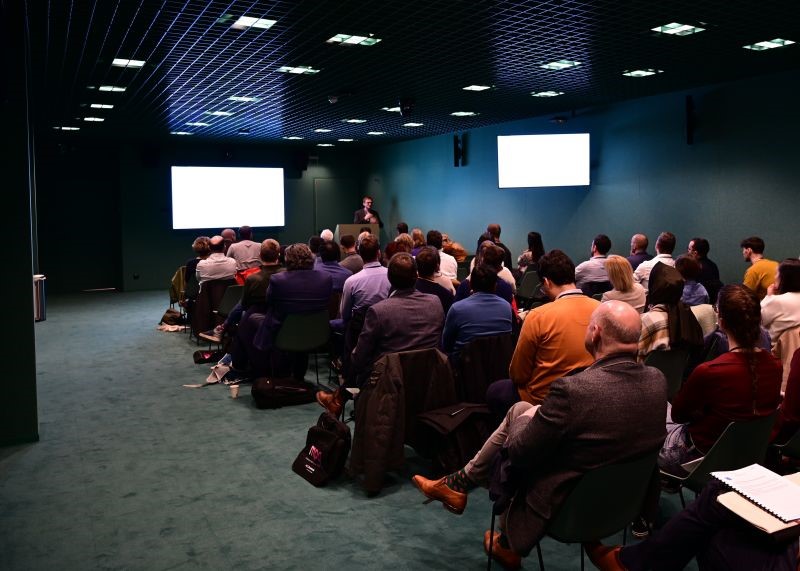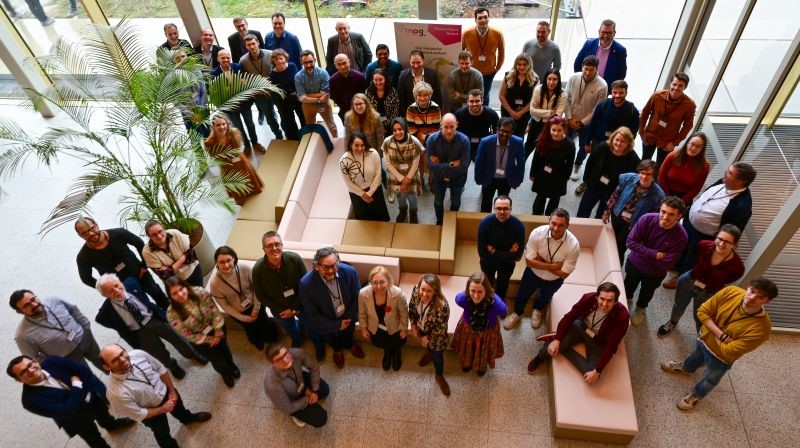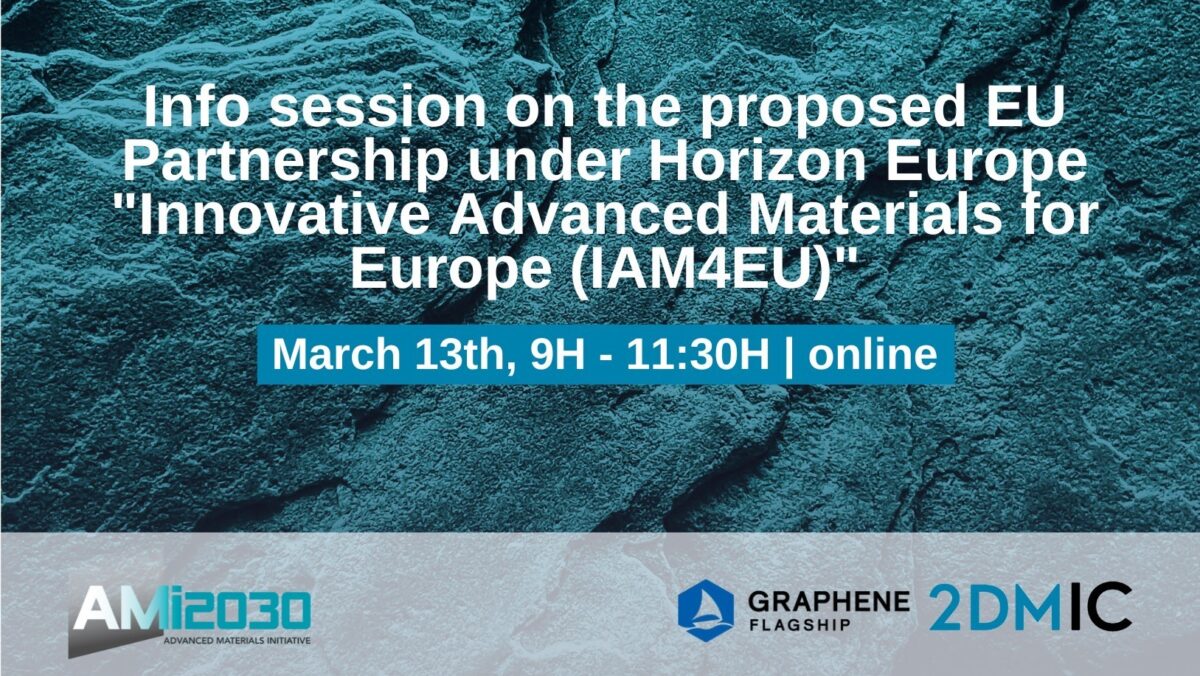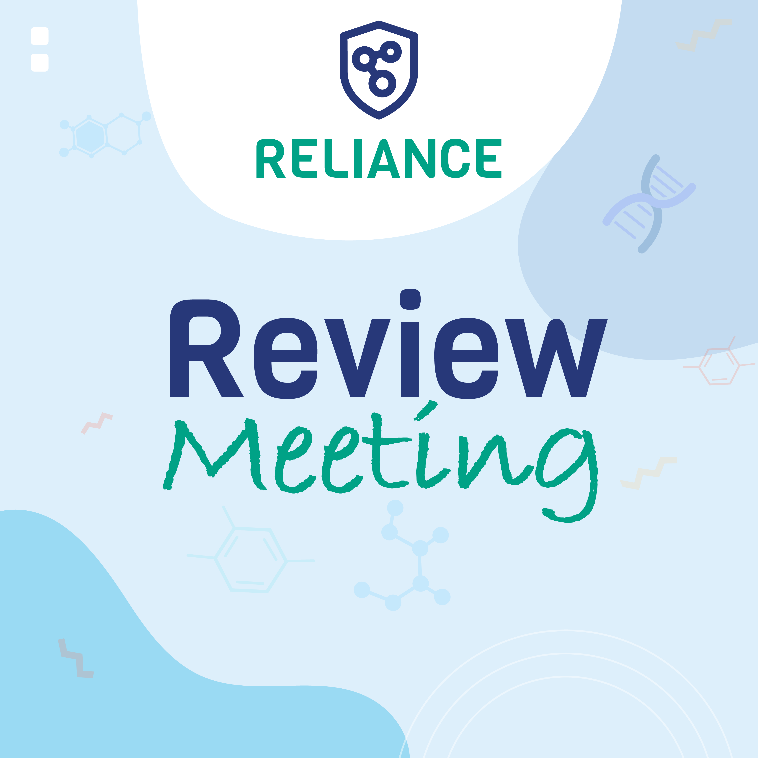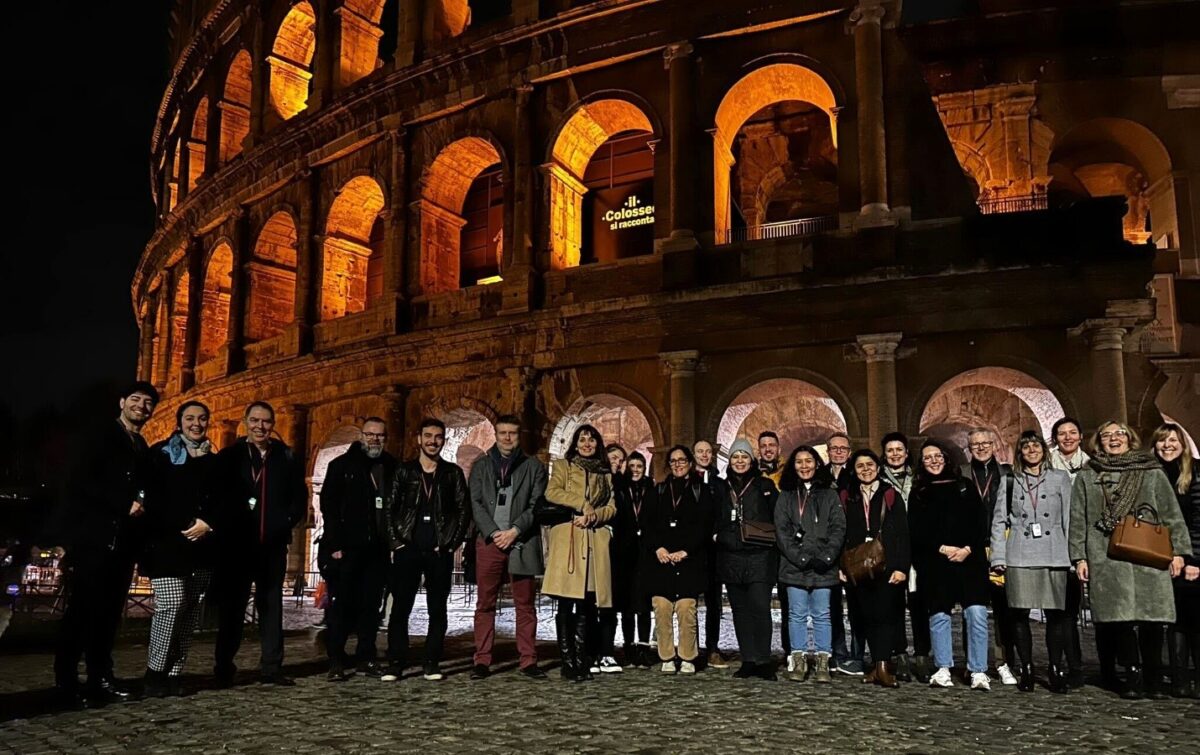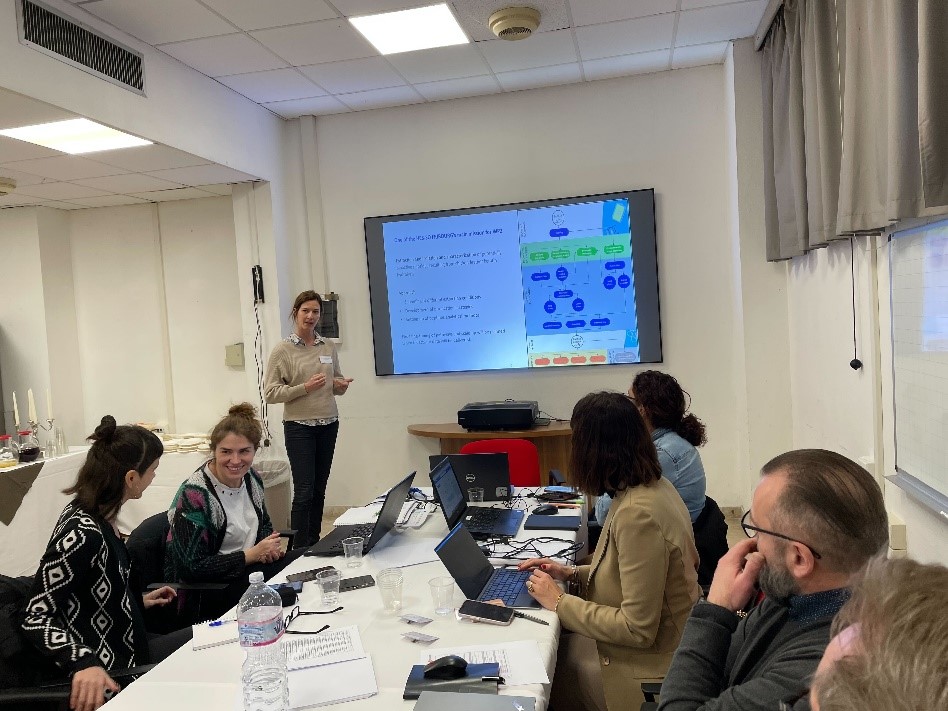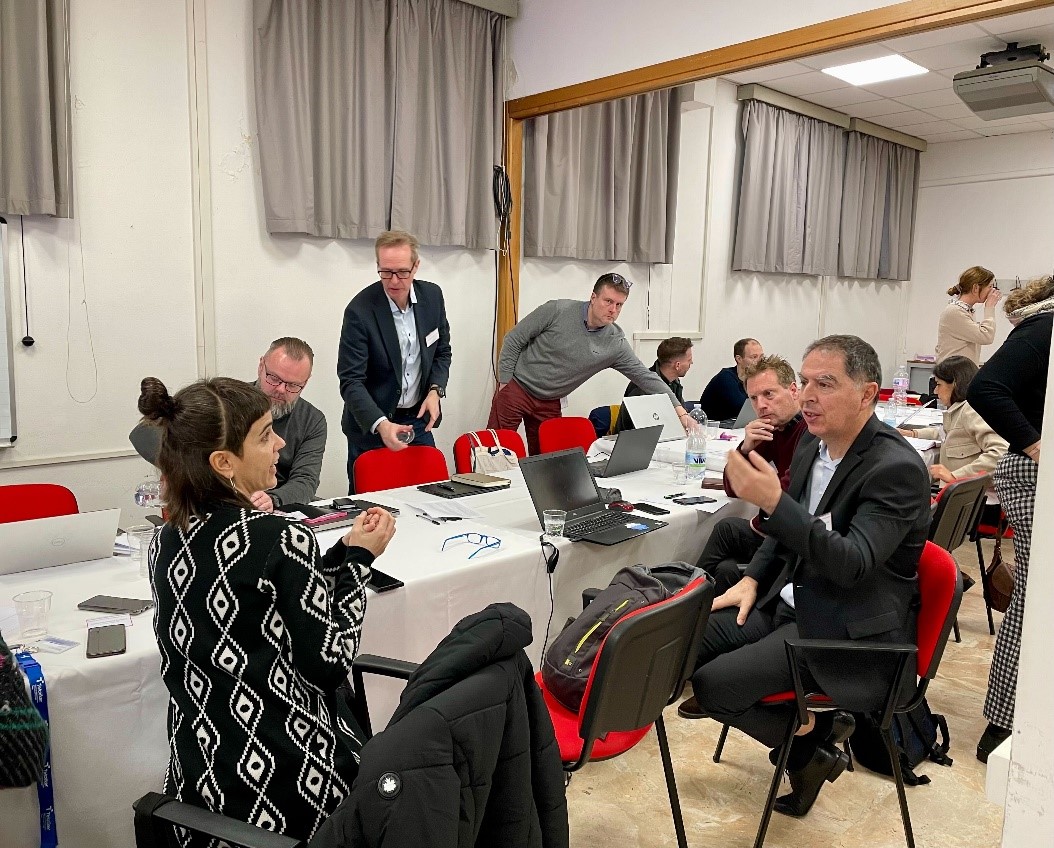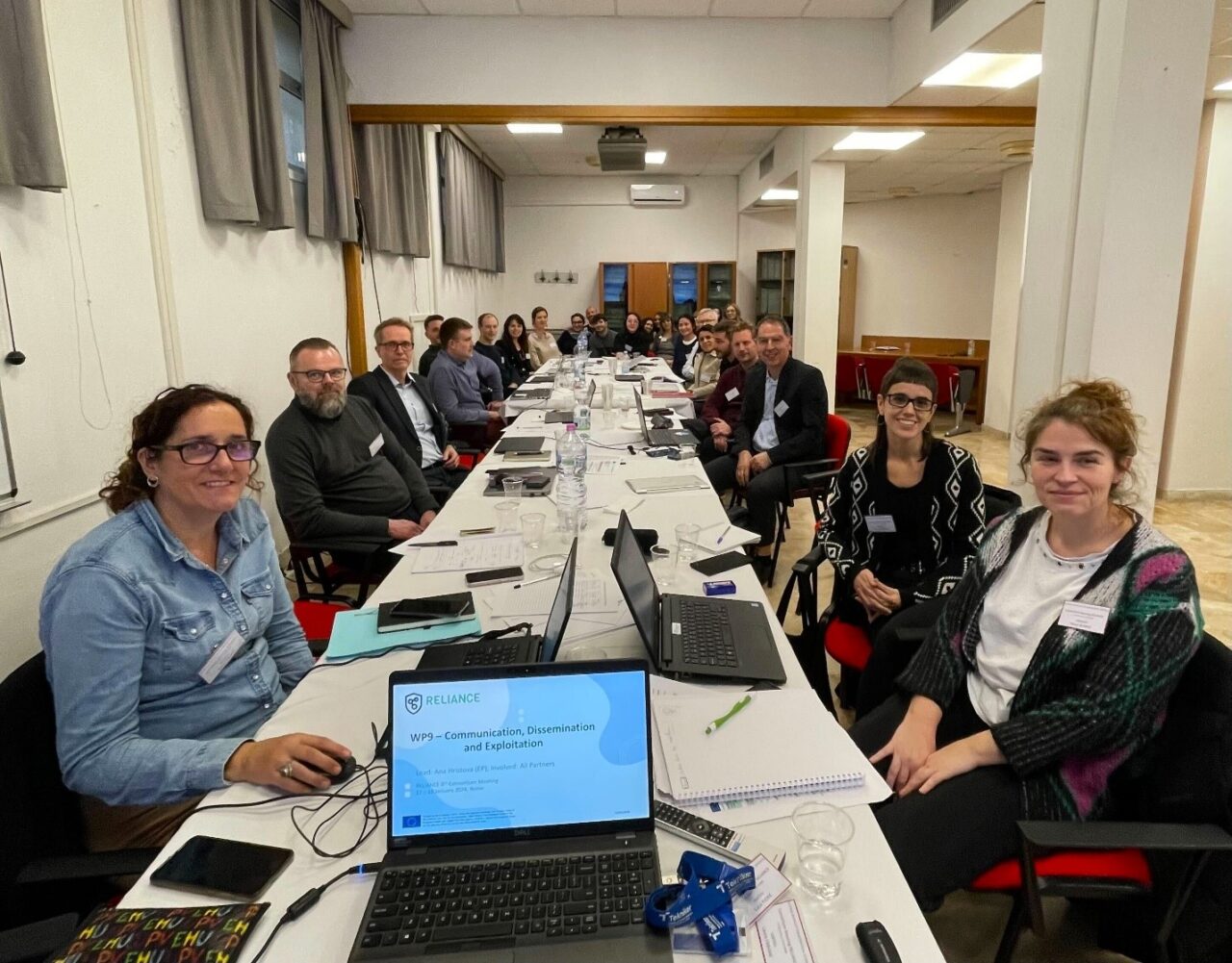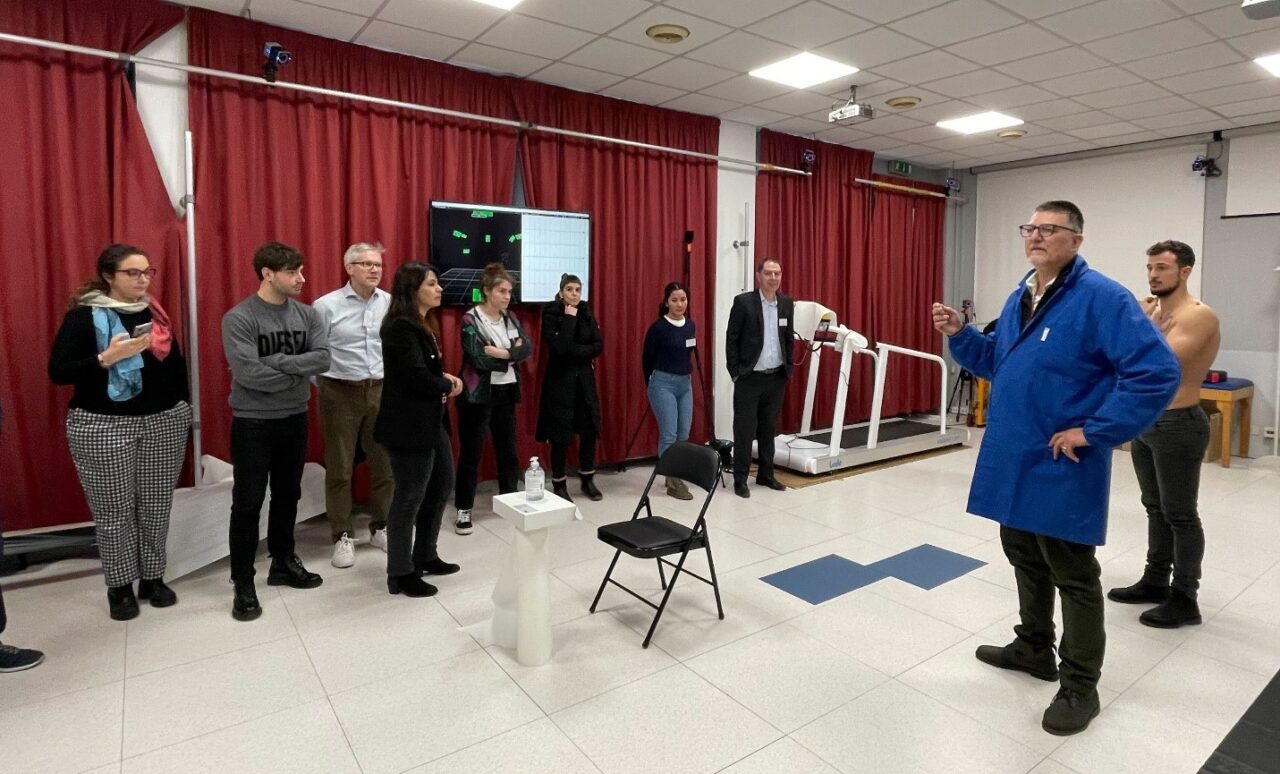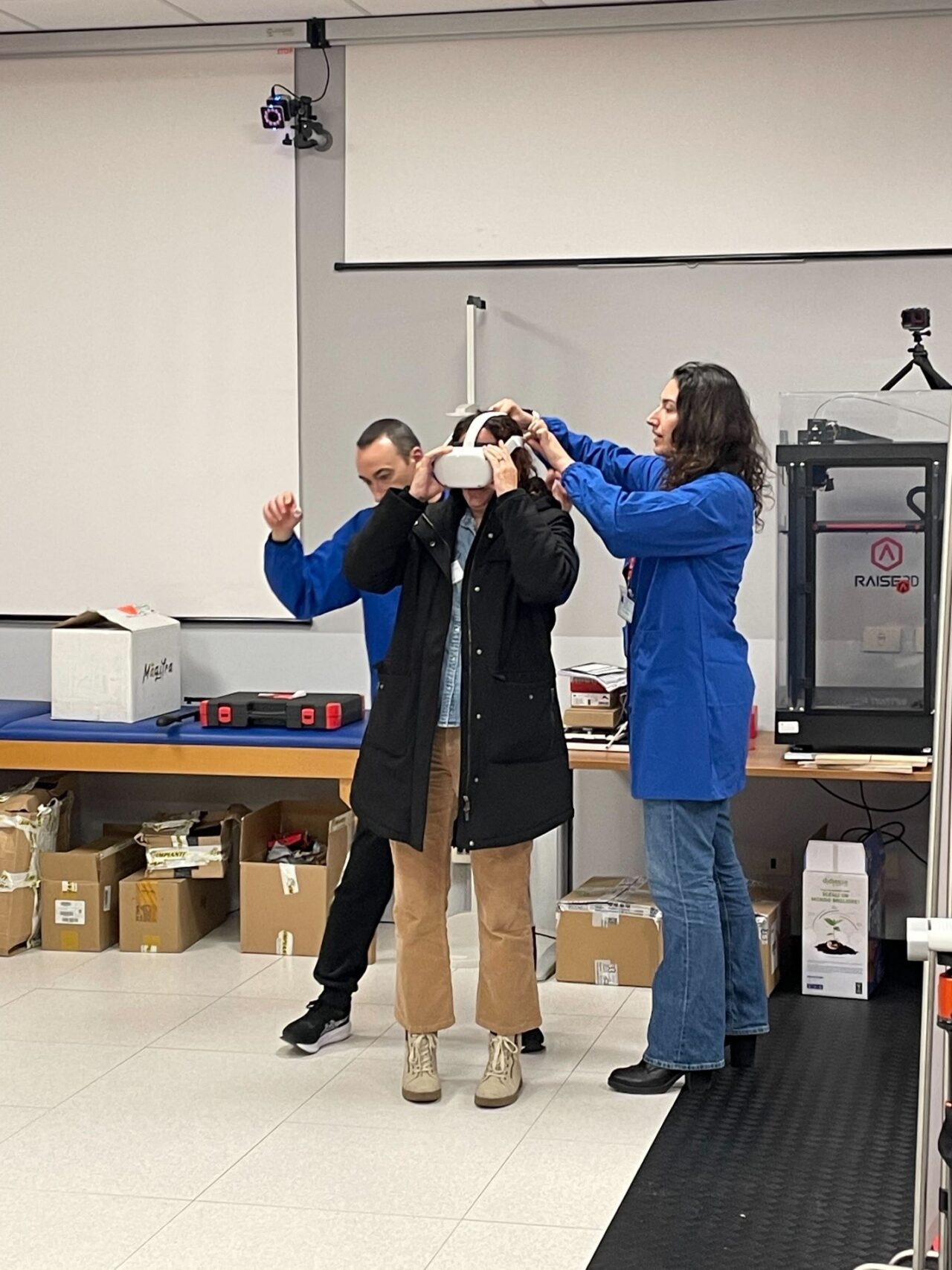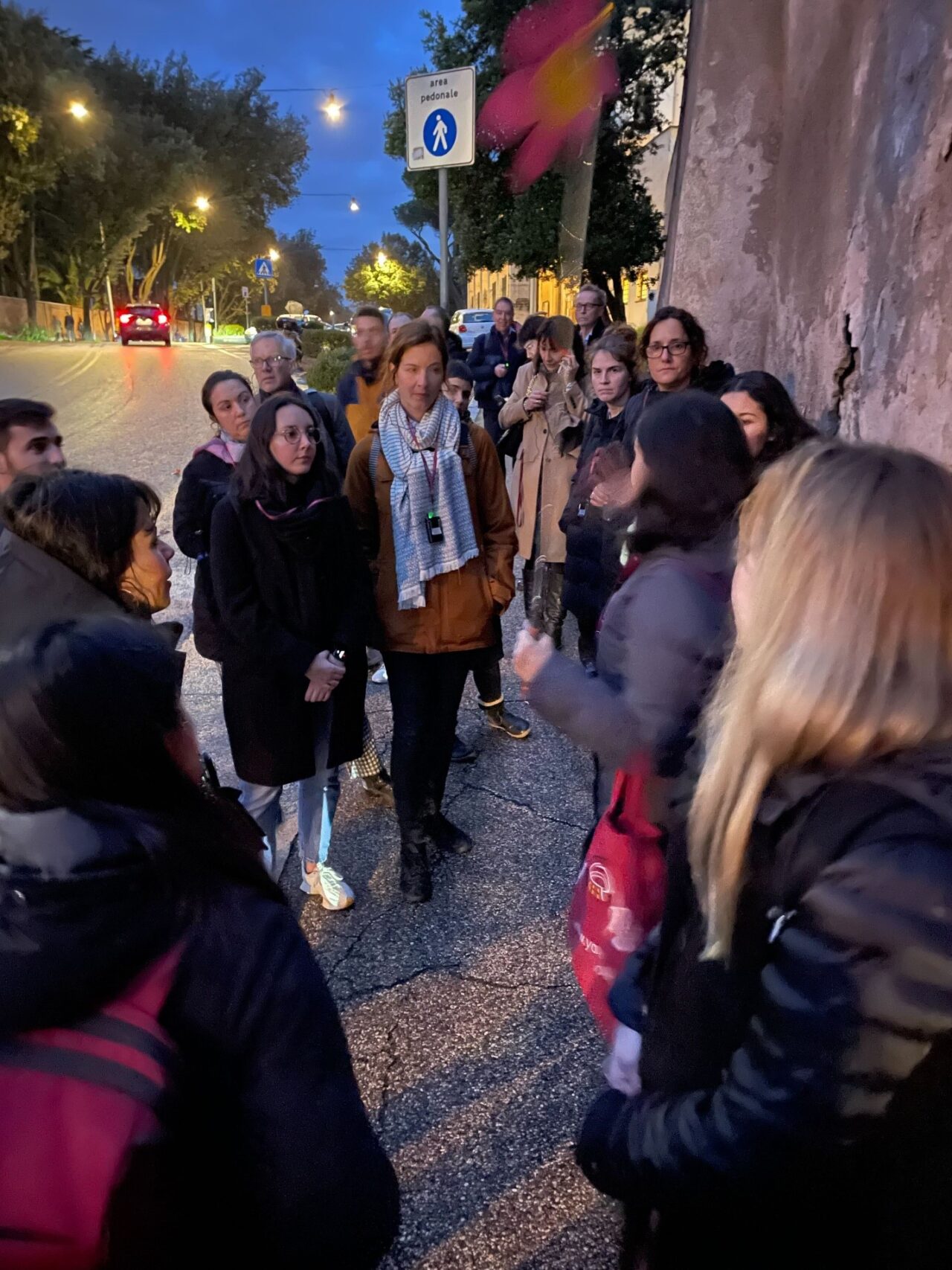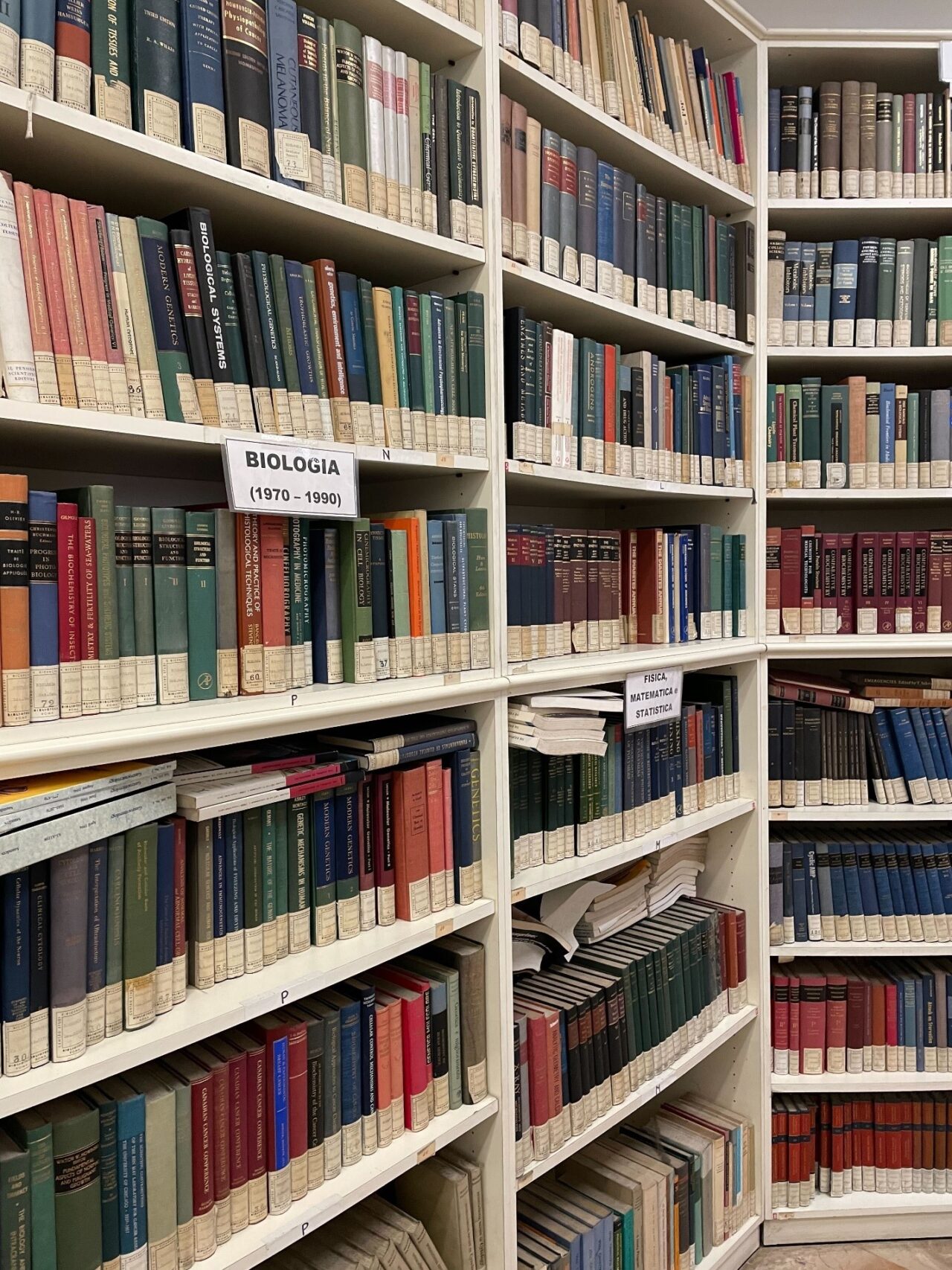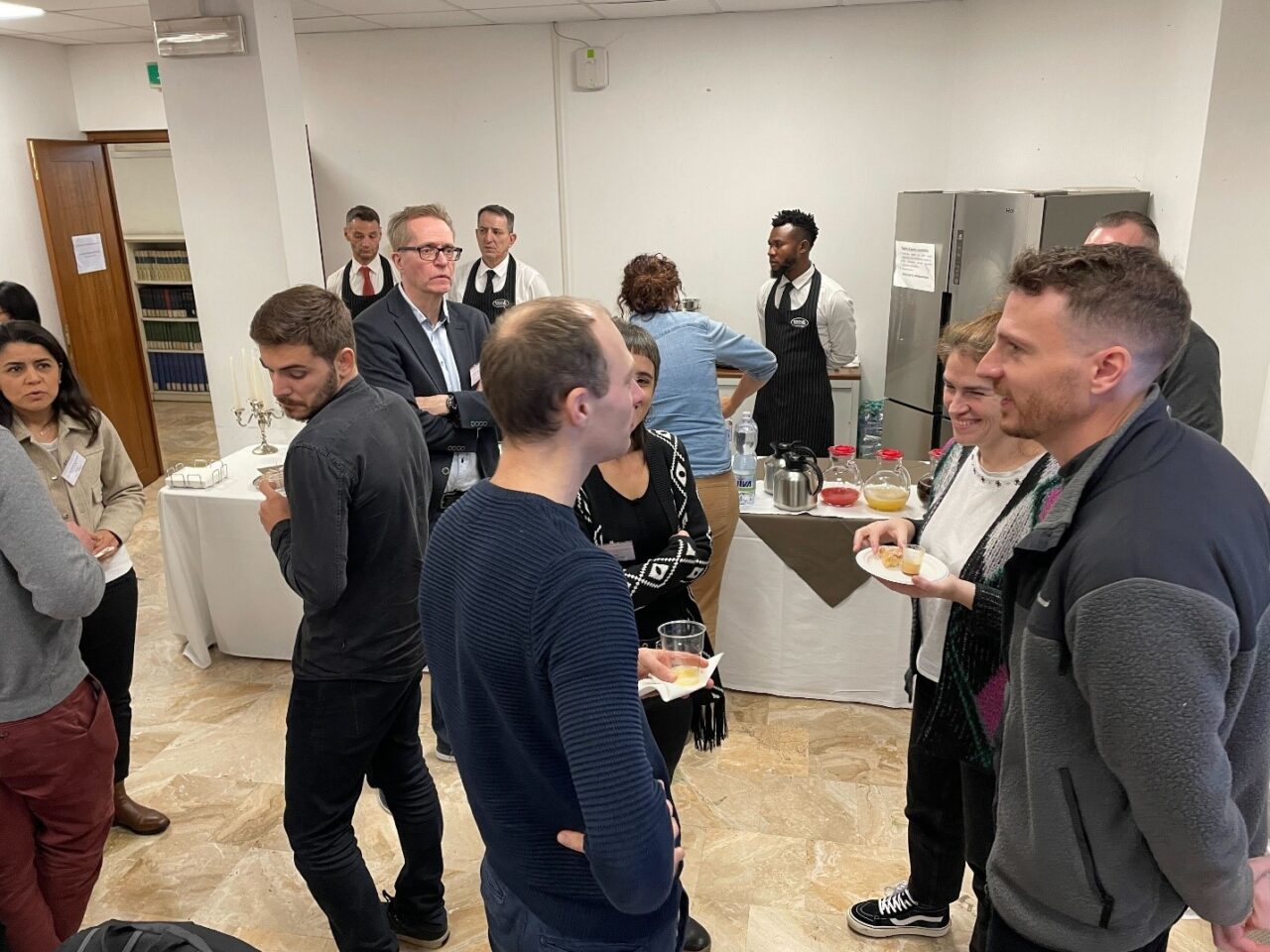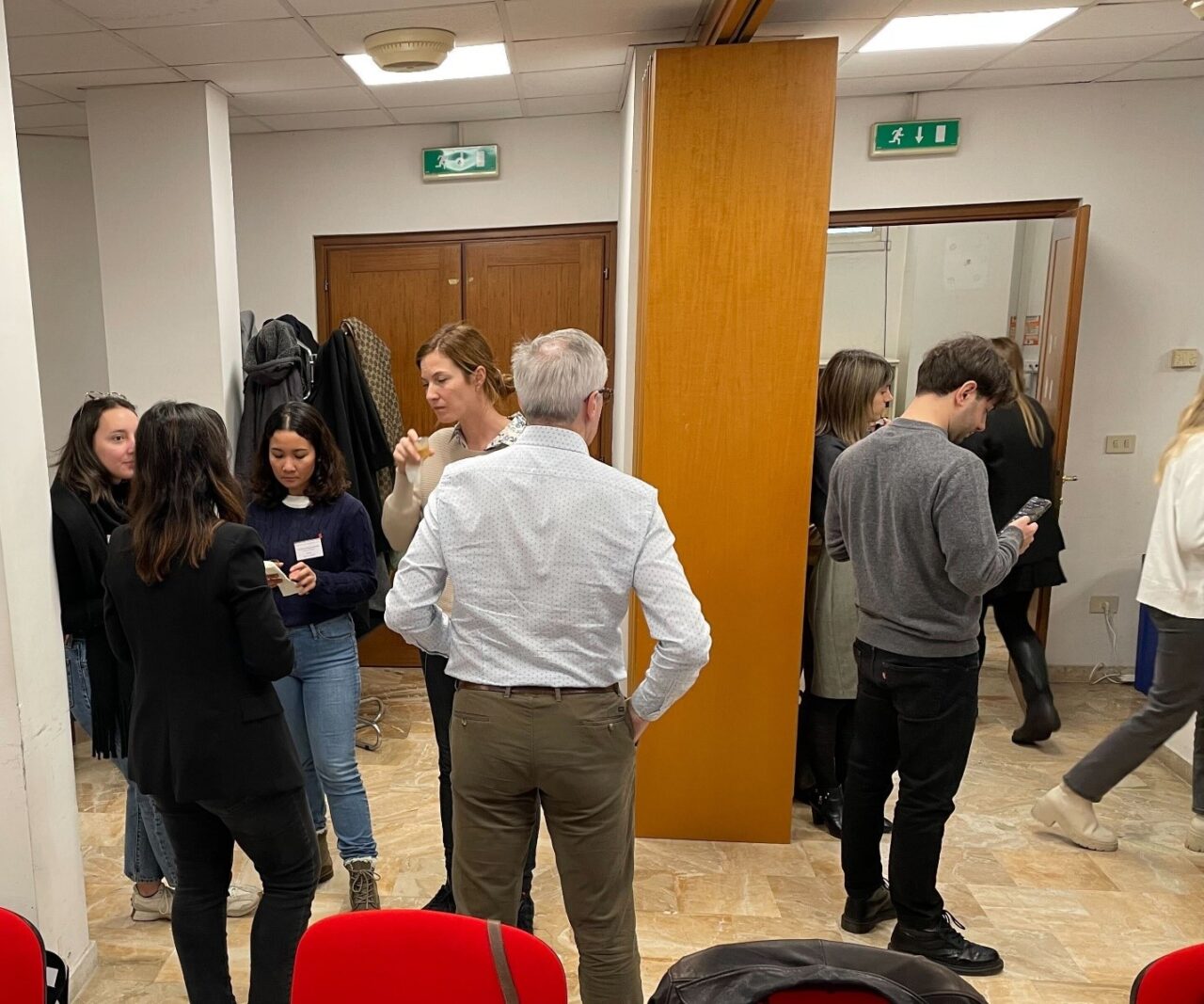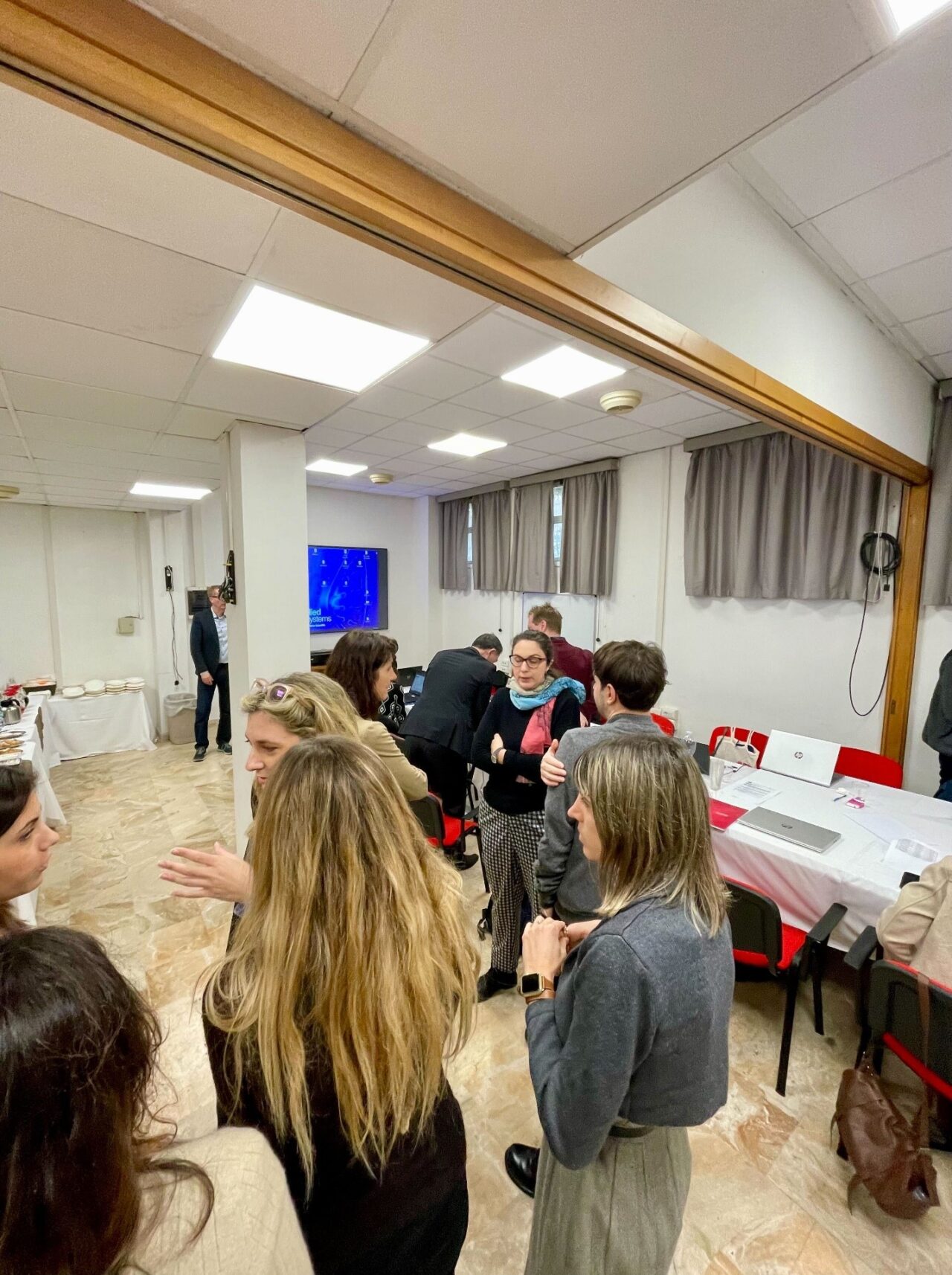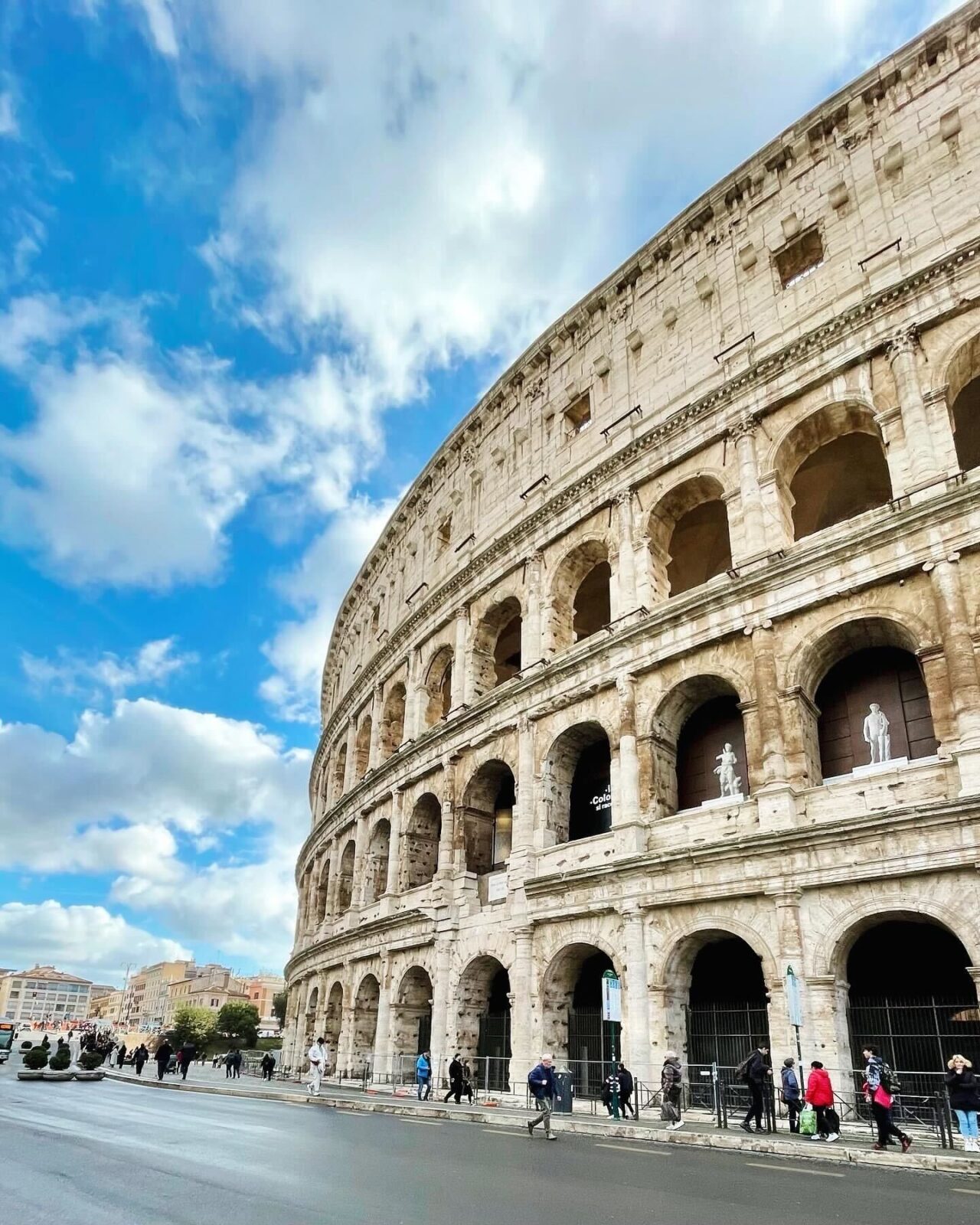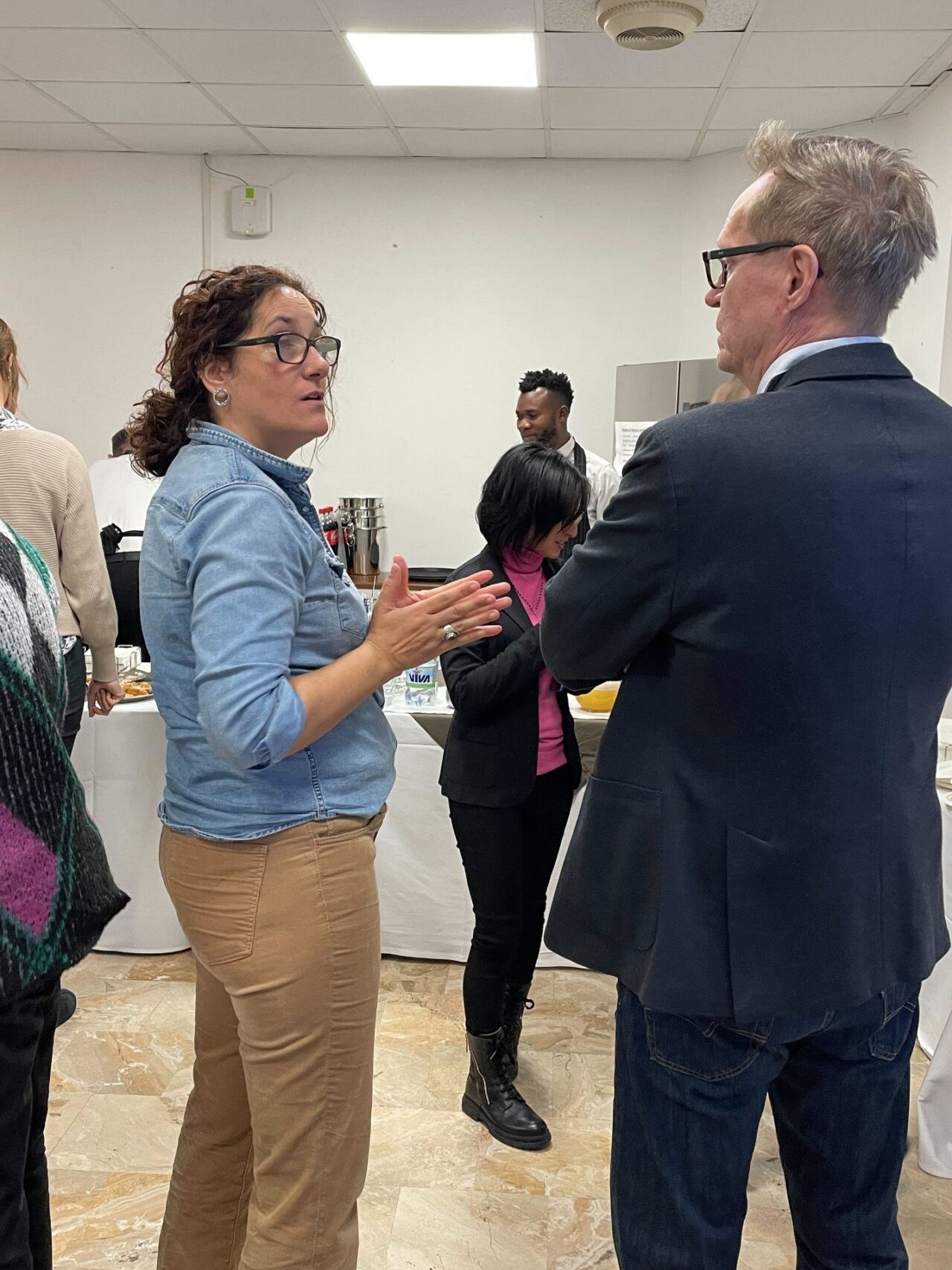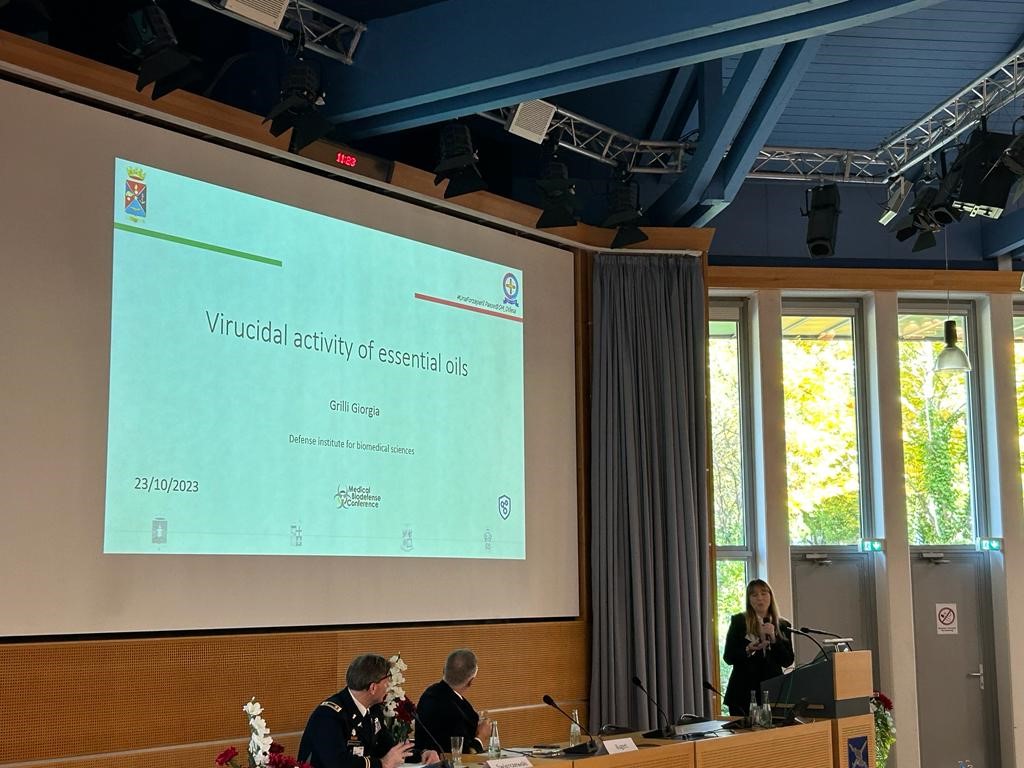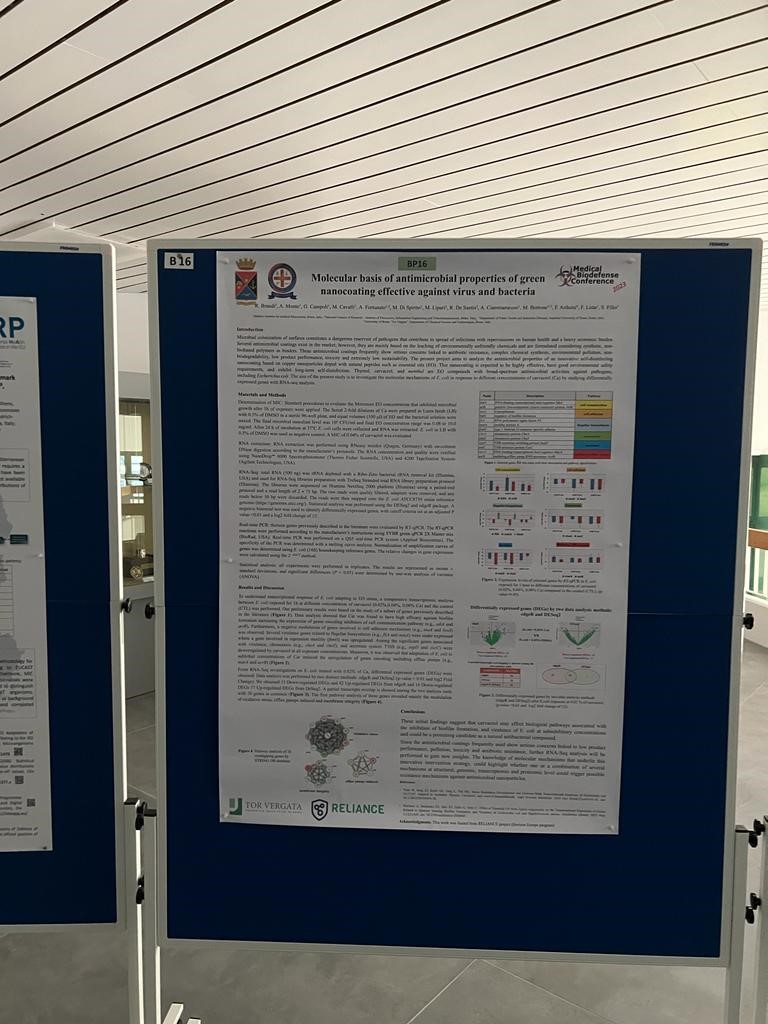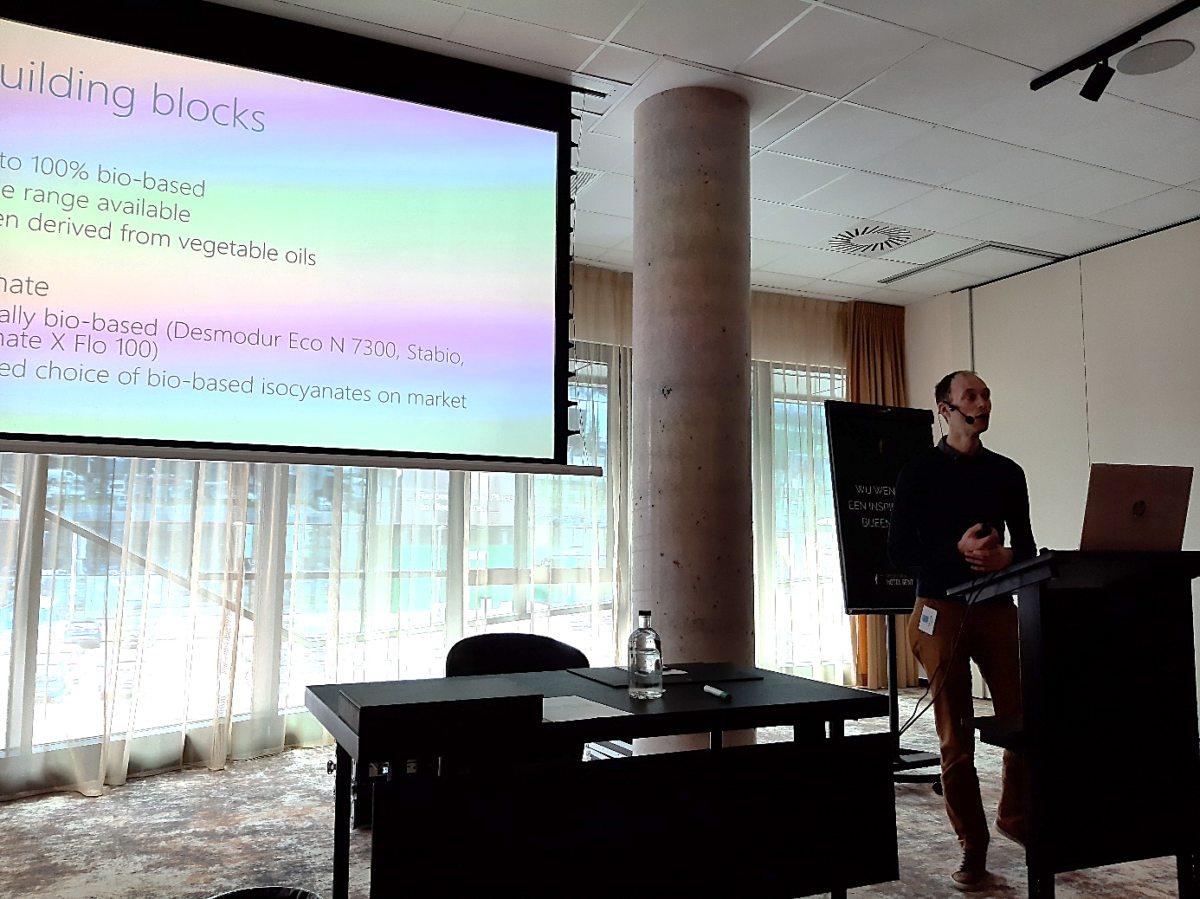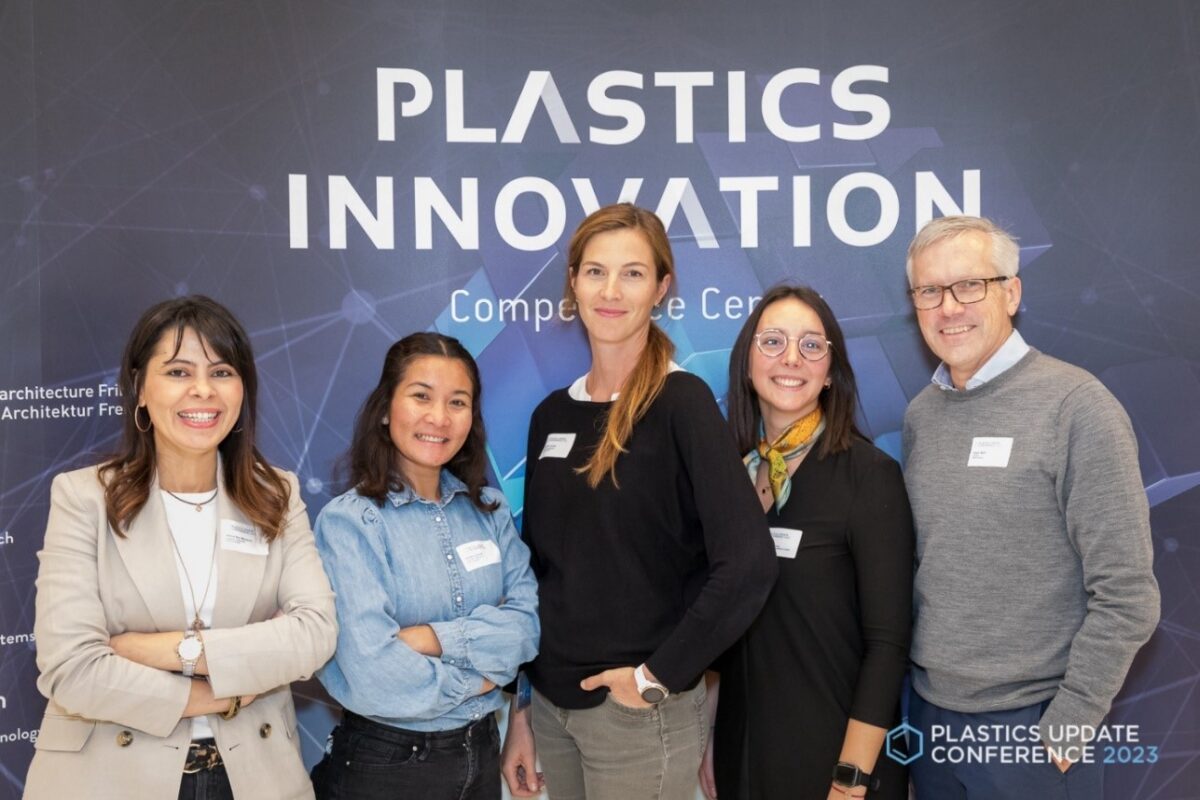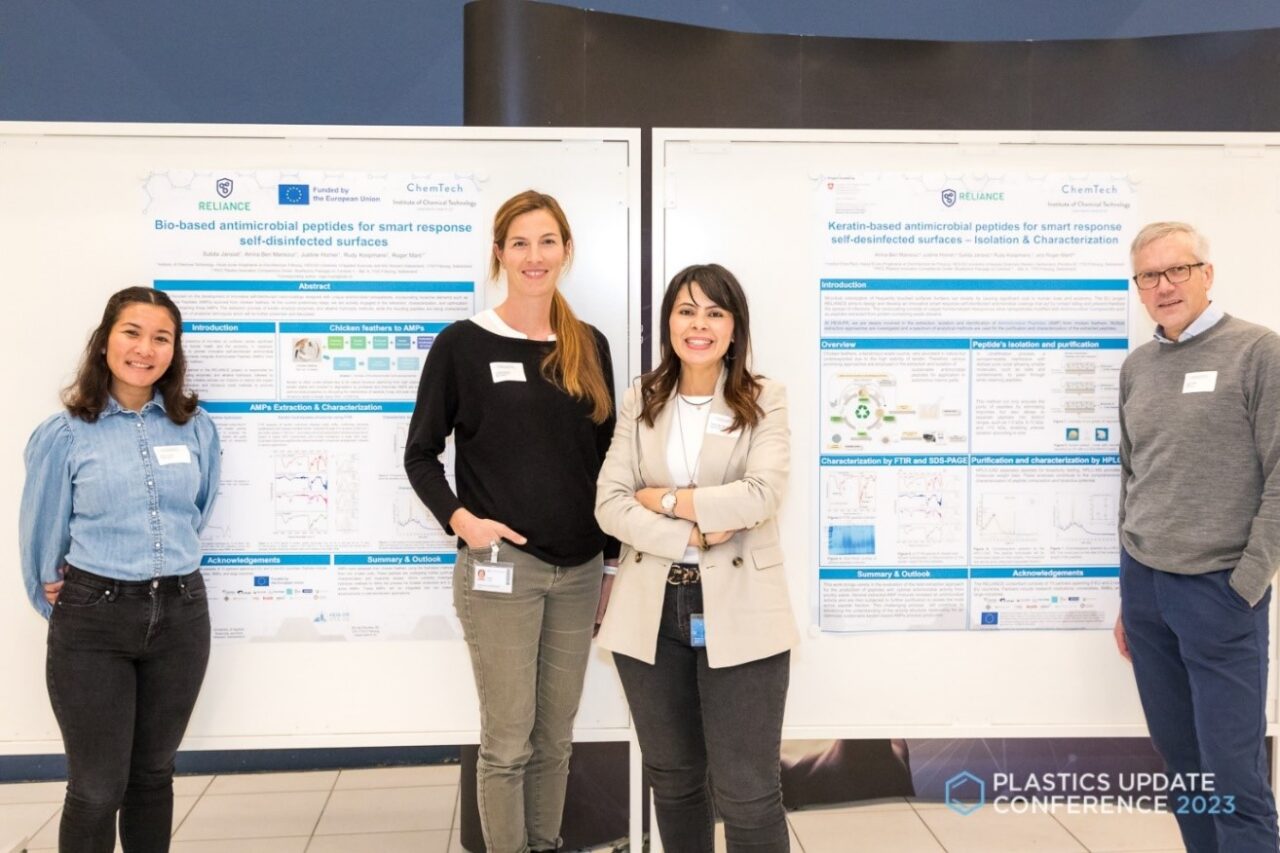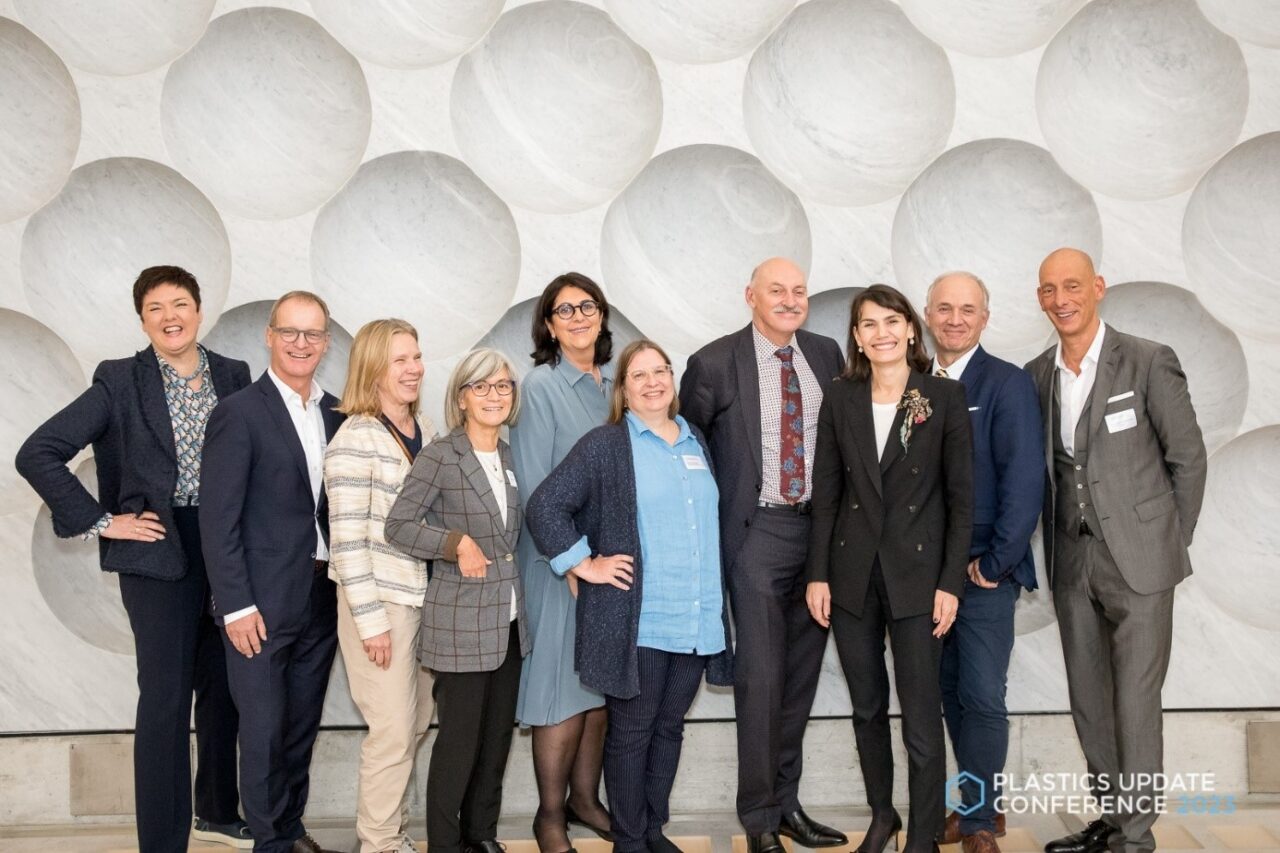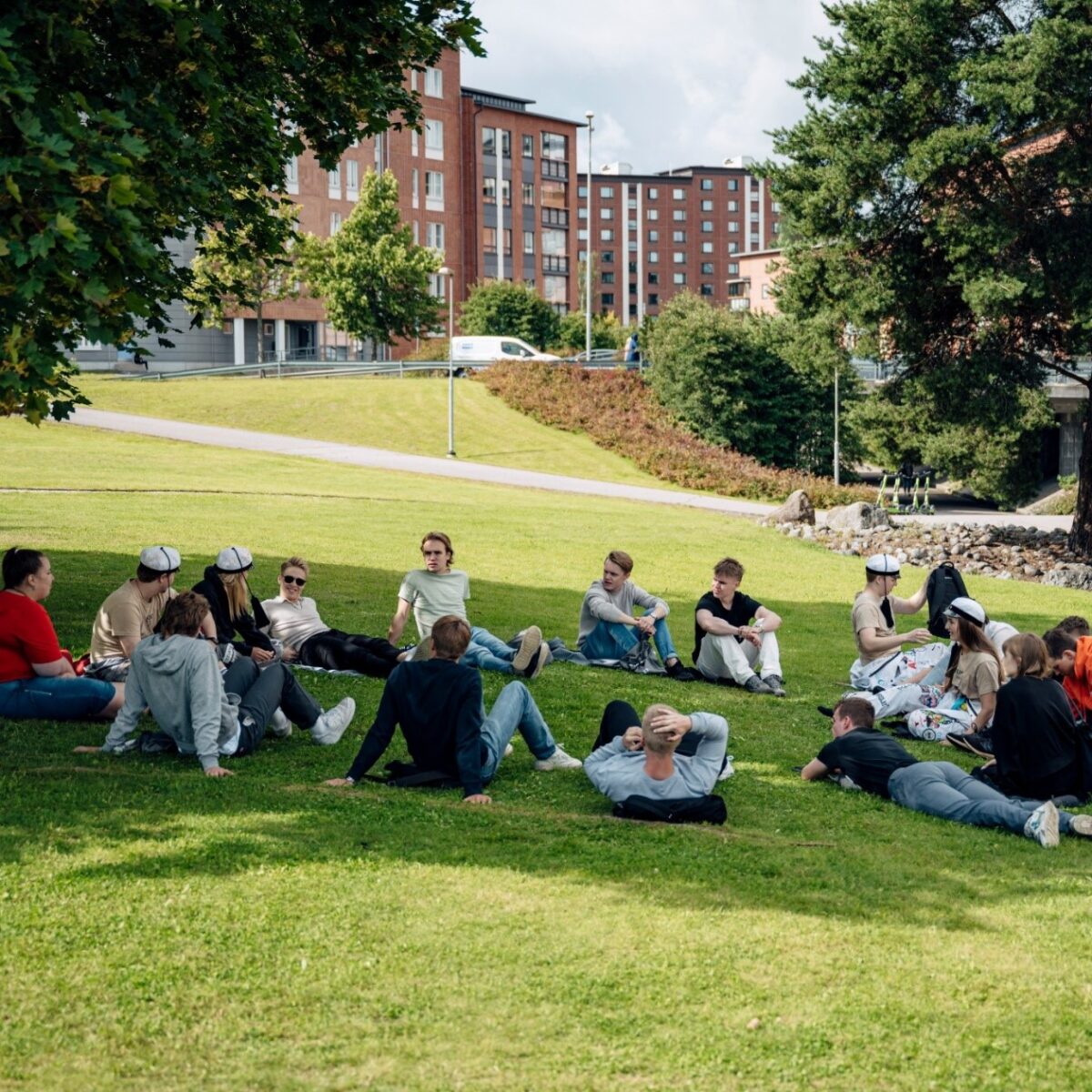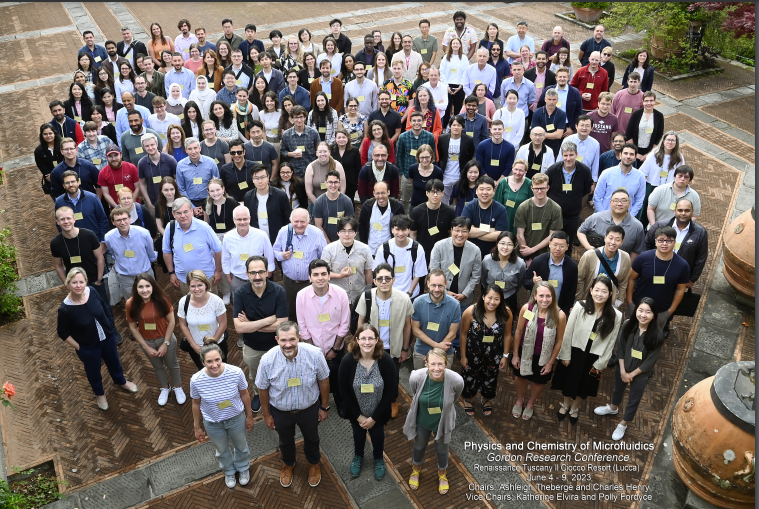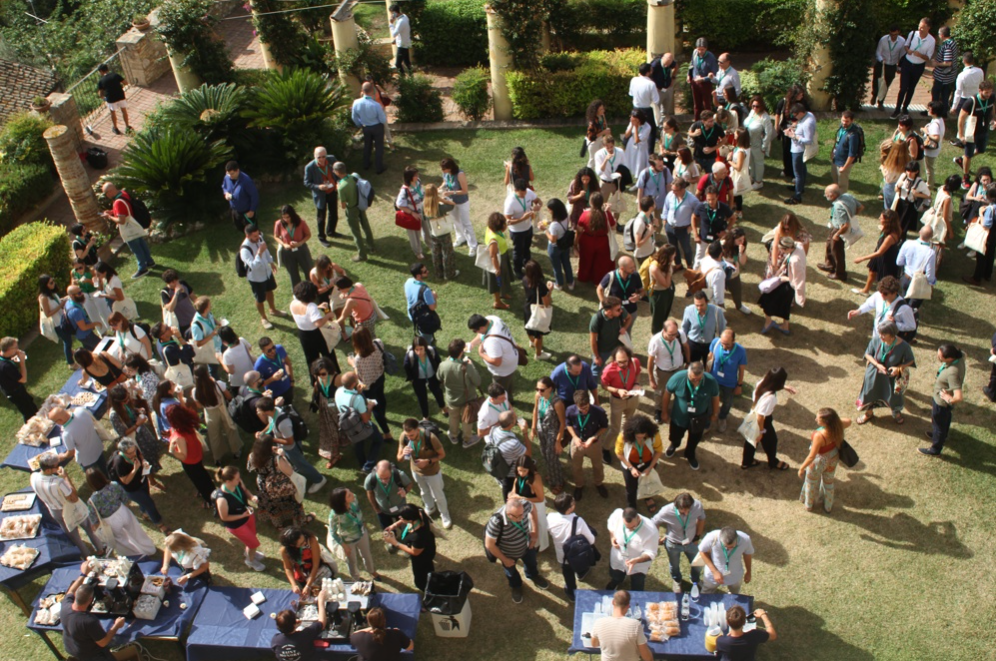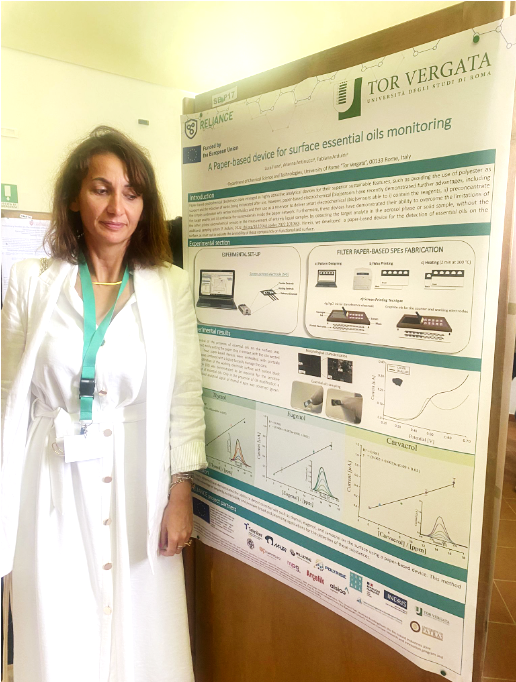RELIANCE project partners from The School of Engineering and Architecture (HEIA-FR) participated in the MPG Academy Workshop on Functional Coatings, organized by Molecular Plasma Group in Leuven, Belgium, on February 22 and 23, 2024.
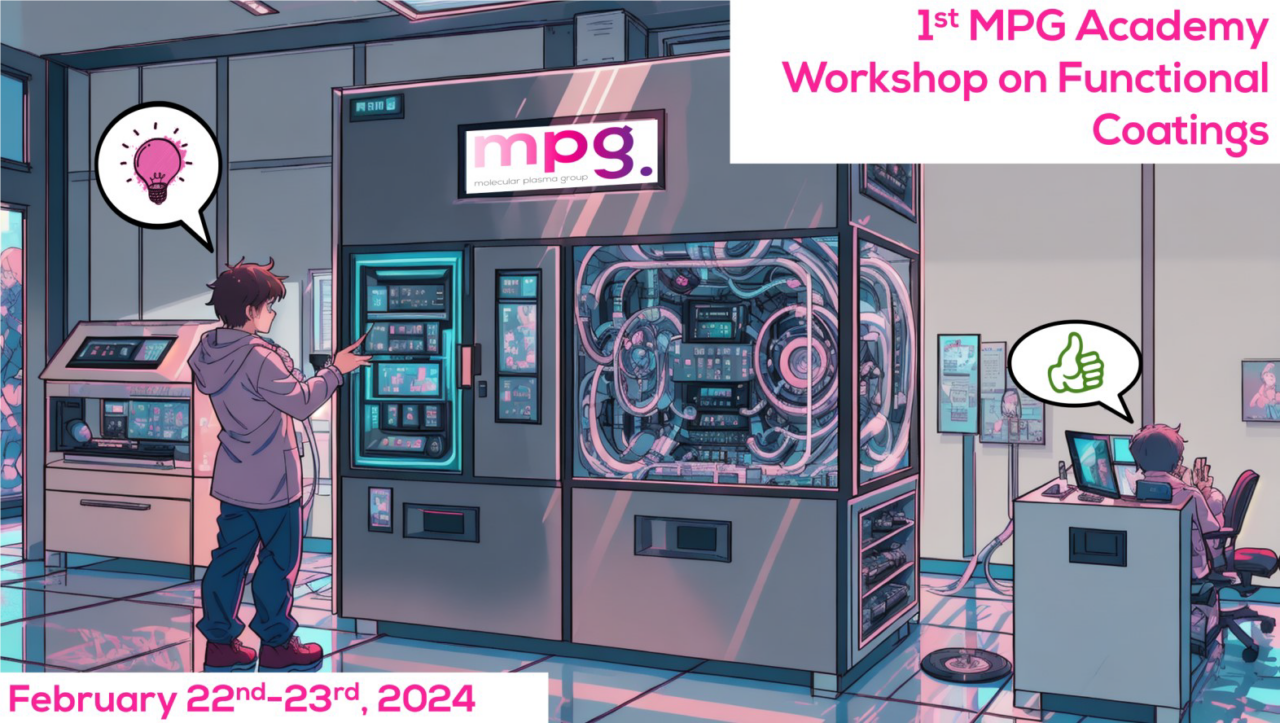
Several leading-edge researchers presented their findings in an exciting program, in which the presenters shared their insights and expertise on utilizing Molecular Plasma Group’s cutting-edge plasma technology in their research endeavors. The presentations provided valuable information and served as a source of knowledge and inspiration for all attendees.
Among the participants representing universities, Research, and Technology Organizations (RTOs) who got actively involved in thought-provoking discussions and enthusiastic engagement transformed this event into a vibrant opportunity for collaboration and knowledge exchange.
The attendees’ expertise and valuable contributions played a pivotal role in making this workshop an exceptional success, with an impressive turnout of approximately 50 participants and an engaging lineup of 13 high-quality presentations.
The program included the following presentations:
- Plenary lecture – Michael R. Wertheimer, Polytechnique Montreal: Industrialized Plasma Processing: A Personal Perspective
- Fernando Alba Elias, Universidad de la Rioja: Applications of atmospheric cold plasma in the Food and Medical industry.
- Roberto Quintana, LIST: Atmospheric plasma deposition processes engineering for functional coatings.
- Navid Mostofi Sarkari, KUL-MTM: Application of MPG Aerosol-assisted atmospheric pressure plasma polymerization technology for developing ice phobic surfaces.
- Tijs Dekoster, IMEC: Aerosol assisted plasma deposition from a physicochemical point of view.
- Stijn Van Vrekhem, Centexbel: Plasma technology for the textile and plastics industry.
- Guillaume Nonglaton, CEA-LETI: Advancing Micro and Nanotechnologies for Healthcare: CEA-Leti’s Cutting-Edge Surface Functionalization Platform.
- Camilo Rendon Piedrahita, LIST: Superhydrophobic coatings deposited using atmospheric pressure plasma.
- Arunjunai Raj Mahendran, Wood Kplus: Enhancing the Properties of sustainable materials through Plasma Deposition: Development and Applications.
- Lieze Dankers, KUL-MeBioS: Carboxylic acid linker-layer created with atmospheric cold plasma technology for standardized and improved biomolecule immobilization on polymer surfaces.
- Elena Contreras Garcia, CTCR: Adhesion improvement of footwear through plasma technology.
- Hatice Ferda Özgüzar, KUL-MTM: Aerosol-assisted atmospheric pressure plasma polymerization to create thiol-rich coatings on titanium implants using 3-(mercaptopropyl) trimethoxysilane.
- Dirk Vangeneugden, VITO: Faster battery charging thanks to plasma discharge.
We are united in the goal of breaking new ground in the realm of functional coatings, paving the way for state-of-the-art innovations that transcend specific industries.
More moments of exchange during the workshop below.
